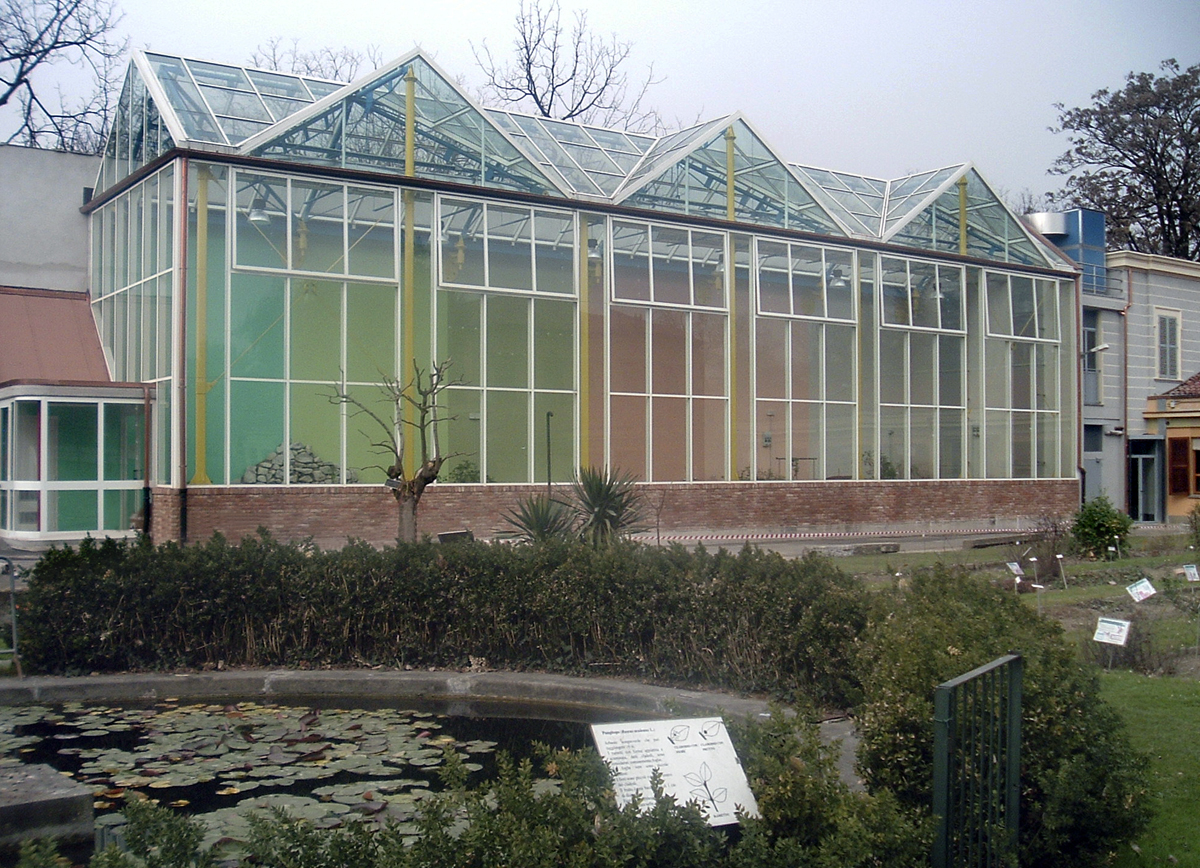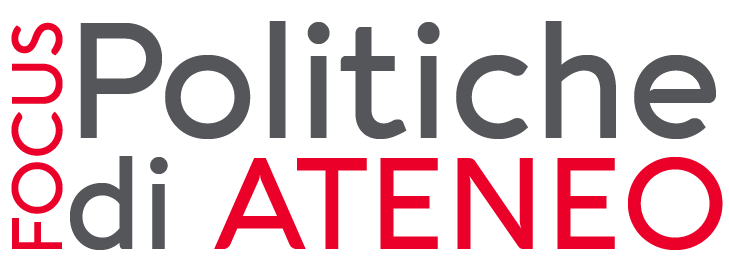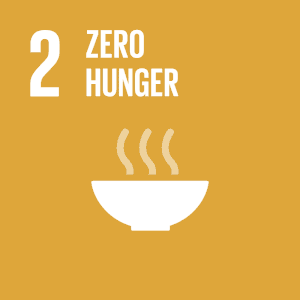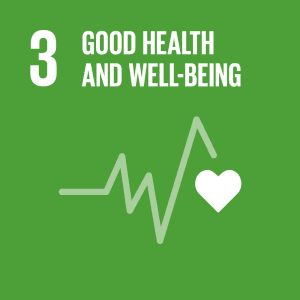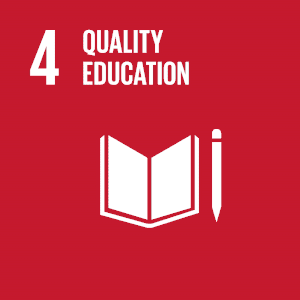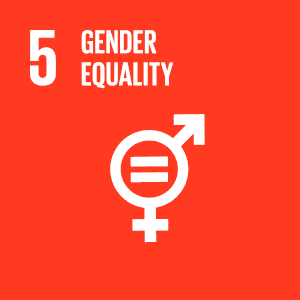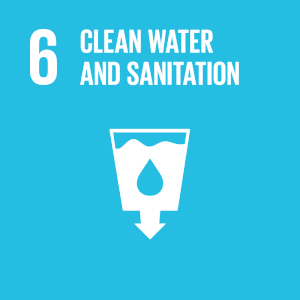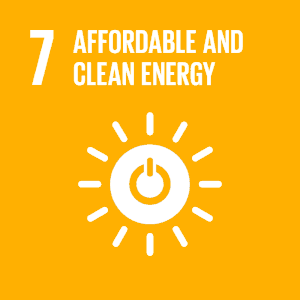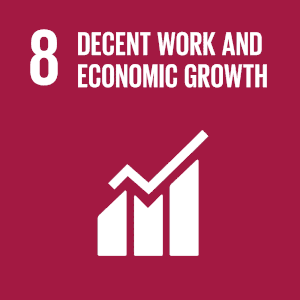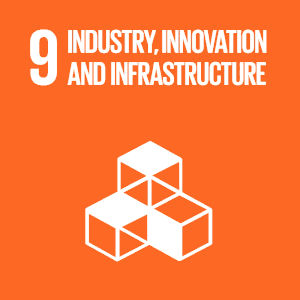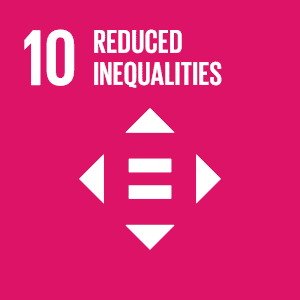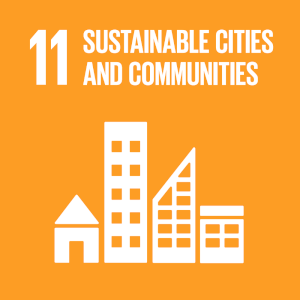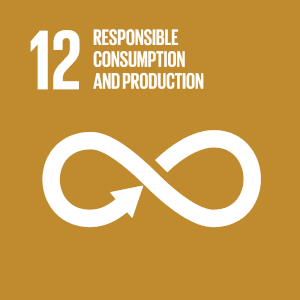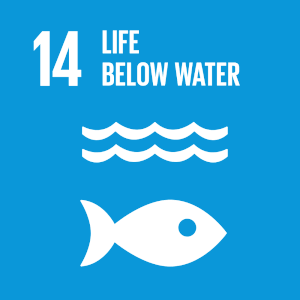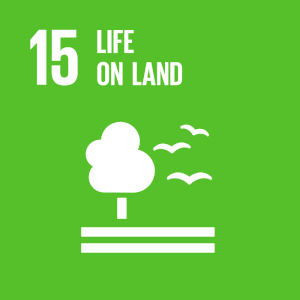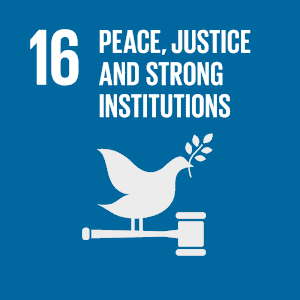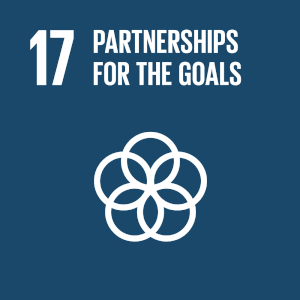The “Third Mission” is the activity by which the university contributes, together with local stakeholders, to the inclusive and sustainable growth of the community socially, culturally and economically. Like research and education, Third Mission is one of the institutional responsibilities of the university and its departments. It is not a purpose or vocation in addition to the traditional ones, but a more comprehensive and efficient way of realizing them, in order to enhance their impact on the relevant territorial context.
The centrality of Third Mission constitutes an important cultural change that requires the University to integrate its triple mission into a unified strategy, characterized by an approach of openness, dialogue and collaboration with the network of public and private stakeholders with the aim of generating public good.
Third Mission activities are numerous and heterogeneous, but can be divided into two main areas:
- Economic valorisation of research, which gathers intellectual property management, academic entrepreneurship, “third party” activities, intermediation structures with the territory;
- Production of cultural goods, which brings together: management of cultural heritage and activities, public health activities, lifelong learning, public engagement.
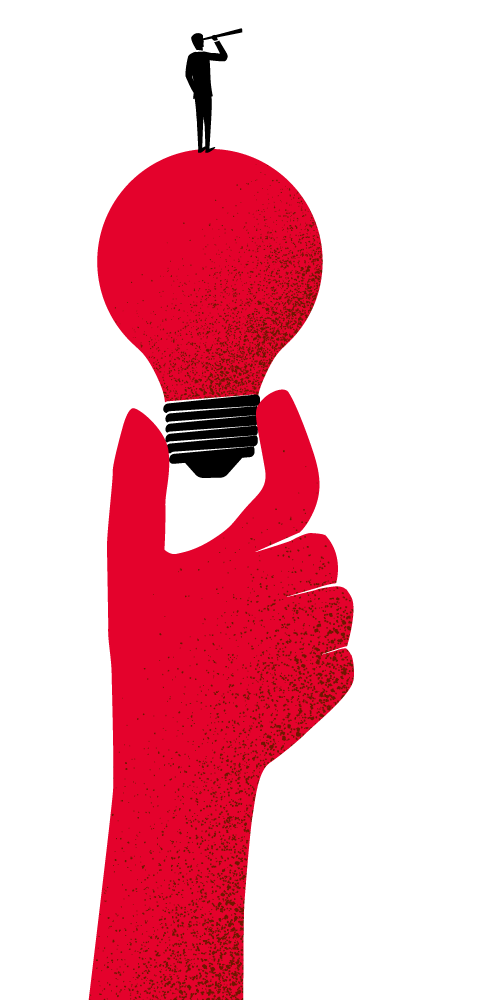
UniTo generates businesses in the territory by enhancing research
In 2022, entrepreneurial training activities directed at the student population continued, a key element in nurturing a solid innovation ecosystem in the area. The courses “Becoming an entrepreneur” (introductory, 2 editions per year) and “Business club and Start-up creation” (advanced practical workshop) are UniTo’s main initiatives in this area. In A.Y. 2021/2022, the former had a total enrolment of 1,255 and about 1,000 students trained, the latter 65 enrolled and 24 trained.
UniTo’s 2i3T Incubator also contributed to the training activities on entrepreneurship culture, participating in 3 UK master’s programs and the two editions of the “Becoming Entrepreneurs” course, in which pathways, services and tools for creating innovative businesses derived from academic research were explored in depth. As part of its mission of scouting and entrepreneurship education, the Incubator also organized 68 events in 2022 that enabled the presentation of 175 new ideas of which 31 were developed at the business plan stage. Nine new innovative start-ups were created of which 2 (Ditra and Bridge to Lab) were academic spin-offs of UniTo.
| Public engagement initiatives (production of cultural goods) conducted in the area | ||
| 2021 | 2022 | |
| Total Initiatives | 3.782 | 3.835 |
| Total people who participated in the activity | 6.724 | 7.916 |
| Total hours devoted by staff | 100.548 | 116.860 |
| Devoted budget (€) | 1.316.617 | 5.012.816 |
| Source: Research Directorate – Monitoring of Public Engagement Initiatives at the University of Turin Year 2022. University internal report – July 2023 | ||
Source: Research Directorate – Monitoring of Public Engagement Initiatives at the University of Turin Year 2022. University internal report – July 2023
Source: Research Directorate – Monitoring of Public Engagement Initiatives at the University of Turin Year 2022. University internal report – July 2023
| Monitoraggio delle iniziative di Public Engagement | ||
| Role | Total hours dedicated in 2022 | Average hours |
| Research assignees | 7.026 | 12,26 |
| Full professors | 25.866 | 45,7 |
| Associate professors | 45.015 | 42,51 |
| PTA | 19.556 | 10,46 |
| Permanent researchers | 4.213 | 7,44 |
| Term researchers | 15.184 | 14,34 |
| Source: Research Directorate – Monitoring of Public Engagement Initiatives at the University of Turin Year 2022. University internal report – July 2023 | ||
The Athenaeum Museum System (SMA) and the Botanic Garden
Starting from 2014, the Athenaeum Museum System (SMA) coordinates the museums managed directly by UniTo. The “Luigi Rolando” Museum of Human Anatomy, the “Cesare Lombroso” Museum of Criminal Anthropology, the Scientific and Technological Archives (ASTUT), and the Museum of Anthropology and Ethnography all belong to the Athenaeum Museum System. The first two, together with the civic Fruit Museum “Francesco Garnier Valletti,” are regularly open to the public in the Museum Pole location in the Palace of the Anatomical Institutes.
The Botanical Garden is part of UniTo’s Department of Life Sciences and Systems Biology. Since its founding, it has aimed to disseminate knowledge about plants, their uses and ecology and is involved by the Department in scientific research on plants and their conservation. Since 1997, it has been open to the public from mid-April to mid-October, offering guided tours and educational activities for school groups, and organizes lectures and thematic tours.
Numbers of Athenaeum Museum System in 2022
The total number of visits in 2022 was 59,600, of which 12,892 were by students of all grades. The communication potential of the activities of the University Museums is given by the number of website accesses of 82,960. For 2022, the museums remained open 310 days.
| Numbers of Athenaeum Museum System in 2022 | ||
| 2021 | 2022 | |
| Days open to the public | 221* | 310 |
| Total visitors | 25.138 | 59.600 |
| Total students | 1.198** | 12.892 |
| Average daily visitors | 117 | 192 |
| Incoming | 43.730,42 | 91.219,38 |
| Web site users | 80.926 | 82.960 |
| Like on social media channels | 10.357 | 8.175 |
| Printed Articles | 43 | 24 |
| Web articles | >70 | >7 |
| * 88-day museum closure for Covid-19 pandemic containment provisions ** School public absent for most of the year due to Covid-19 pandemic containment |
||
| Source: Museum System and Archives Area – General Affairs and Cultural Heritage Directorate | ||
The Botanic Garden
In 2022, there have been a number of thematic events, including:
- The Secret World of Plants and Robots. Inspiring the invisible in nature to imagine the future
- Meeting “Trees in literature and the arts” and presentation of the volume “Trees in literature and the arts. Human arboreal perspectives in the Anthropocene.”
In 2022, the Botanical Garden joined the Fascination of Plants Day, hosting several lectures, including “Plants and Water: Succulents and Aquatics. Two Wonderful Worlds Compared” and “Innovative Use of Mycological Resources to Safeguard Resilient and Productive Mediterranean Forests Threatened by Climate Change (LIFE MycoRestore Project),” guided tours and workshops. It also hosted a photo contest within which the best photographs taken by the students of the Biology and Plant Diversity course of study Biological Sciences were displayed.
